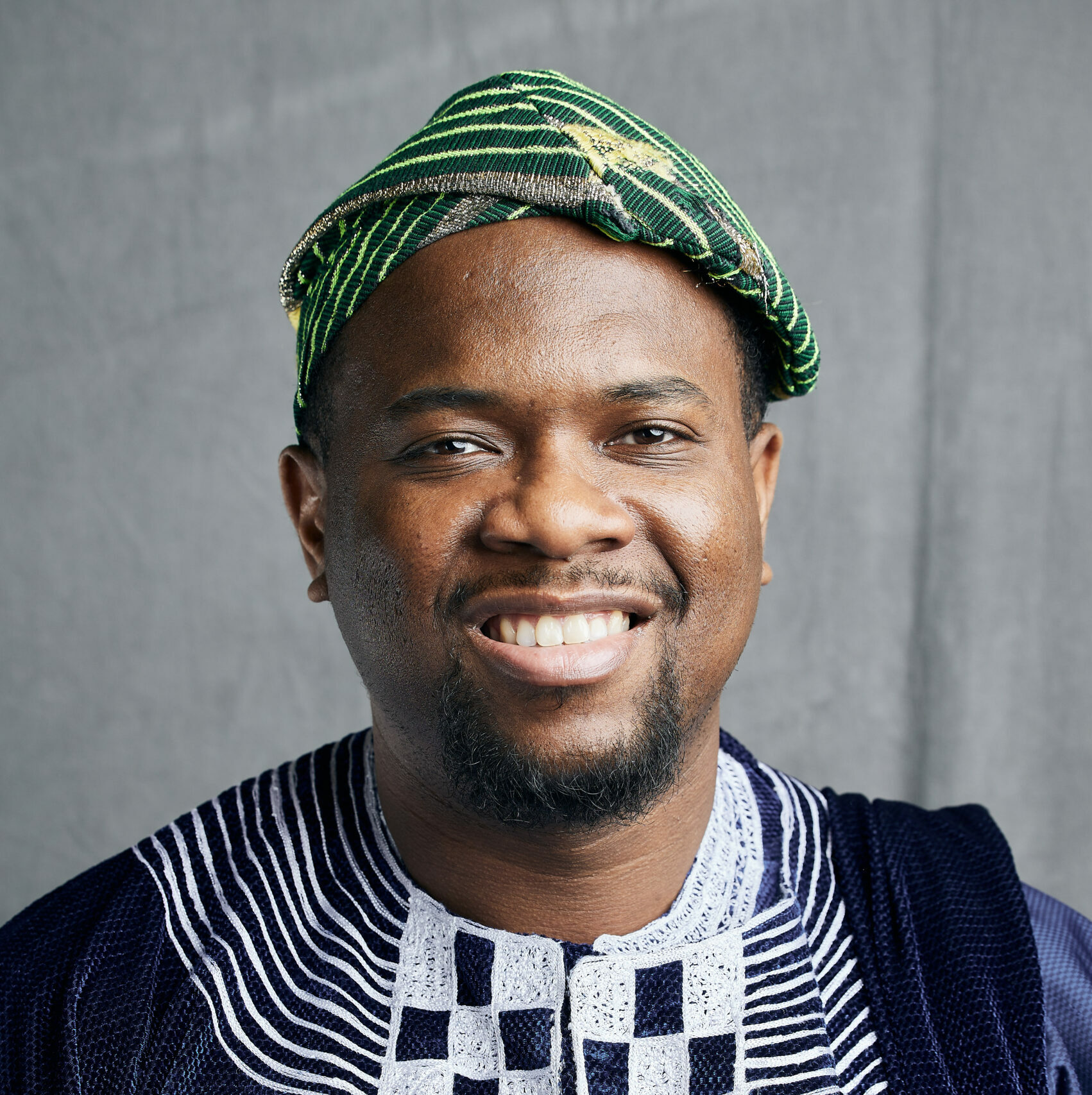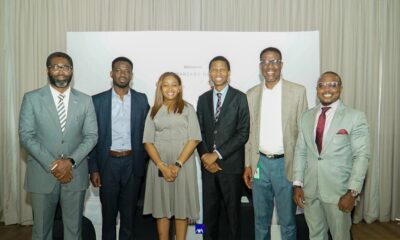Features
Chaste Inegbedion: Nigeria’s Digital Ambitions Need Synergy, Not Just Speed

As the world pivots toward a tech-driven economy, Nigeria is not standing still. From Pan-African AI leadership in Lagos to international strategic alignments in San Francisco and Paris, we’re carving out a visible presence. But the real test lies not in appearances but in alignment. And not just among politicians and VCs, but across policy, platforms, people and purpose.
At the 2024 Pan-African AI Conference, Nigeria boasted of aiming to lead the continent’s digital future. Co-hosted with the United States, the conference brought together thought leaders from across Africa to discuss AI’s promise and peril. Nigeria’s Minister of Communications, Bosun Tijani, said: “For us to truly harness artificial intelligence to our collective benefit, we must be deliberate and collaborative in our approach.”
That same week, in Paris, President Bola Tinubu met with Google CEO Sundar Pichai, affirming Nigeria’s intent to leverage AI and digital tools for public service reform, economic diversification and global inclusion. These are the right moves, but without executive coherence, they remain paper castles.
On the trade front, Tony Elumelu’s collaboration with the Federal Government to build the Africa Trade Centre is another breakthrough. The vision: a Pan-African marketplace where capital, talent and ideas flow. Yet again, we must ask how we are building bridges between these initiatives and Nigeria’s startup ecosystem.
We can start from passport controls and international treaties.
A Digital Nigerian Embassy, a new model of diplomatic engagement, is needed. We need a globally consistent digital service centre where Nigerian citizens, startups, and diaspora communities can: Apply for passports and visas with biometric interoperability, access authenticated digital IDs that harmonise NIN, BVN, NHIS, and INEC records, launch or scale businesses with remote legal incorporation and IP protection.
Right now, we celebrate Nigerian digital talent abroad, but our systems at home still delay, duplicate and deny basic services.
Meanwhile, Nigeria is entering an IPO-worthy startup era. Unicorns like Flutterwave, Moniepoint, and Moove (recently acquired by Uber) signal maturity. But are we building a support system for scale, not just seed?
We need to incentivise Nigerian Initial Public Offerings (IPOs) to list on the Nigeria Exchange (NGX) by offering tax holidays, reducing regulatory overhead, and enhancing visibility. It is important to align fiscal policy to ensure that equity gains are funnelled into the Consolidated Revenue Fund (CRF). We should measure key metrics, such as the amount of tax generated, the number of jobs created, the number of patents filed, and the foreign exchange earnings from the $1.3 billion raised by Nigerian startups in 2023. These ventures are not just hobbies; they are engines of public interest. Nigeria should aspire to be a shareholder in their success, rather than just a passive observer.
Also, Nigeria’s female workforce is under-supported and under-researched. Our First Lady, with her influential role, can take several important actions: Establish menstrual health and menopause care as a national workplace policy. Advocate for the creation of Femtech innovation zones in collaboration with fintech and HR-tech providers. Partner with companies to reach rural women and small to medium-sized enterprises (SMEs) and invest in research and startups focused on reproductive health, hormonal care, and workplace integration.
Menopause and menstruation are not just private issues; they are factors that affect productivity. If the private sector wants women to have a seat at the table, it must also support the challenges women face outside of it.
In 2025, Nigeria is ranked 4th among African nations in the Global Soft Power Index. This is a byproduct of 26 years of uninterrupted democracy. Our soft power now lies in more than just our music or culture. It’s in how the world sees our technological ambition, youth talent, and governance capability.
To elevate our soft power, we can align global diplomacy with digital policy or use our Africa Trade Centre to pilot digital trade corridors, with a spotlight on women-led businesses. AI is here. Global capital is watching. Our youth are building. And the world is listening.
But we must: Consolidate our data systems, not multiply them; create legal scaffolding for cross-border startups, not ad hoc press releases; institutionalise gender equity in digital workplaces, not treat it as CSR; track quarterly outcomes, not just announce yearly summits.
This is more than a tech moment; it’s a sovereign transformation moment. Let’s not waste it on style without substance.


















